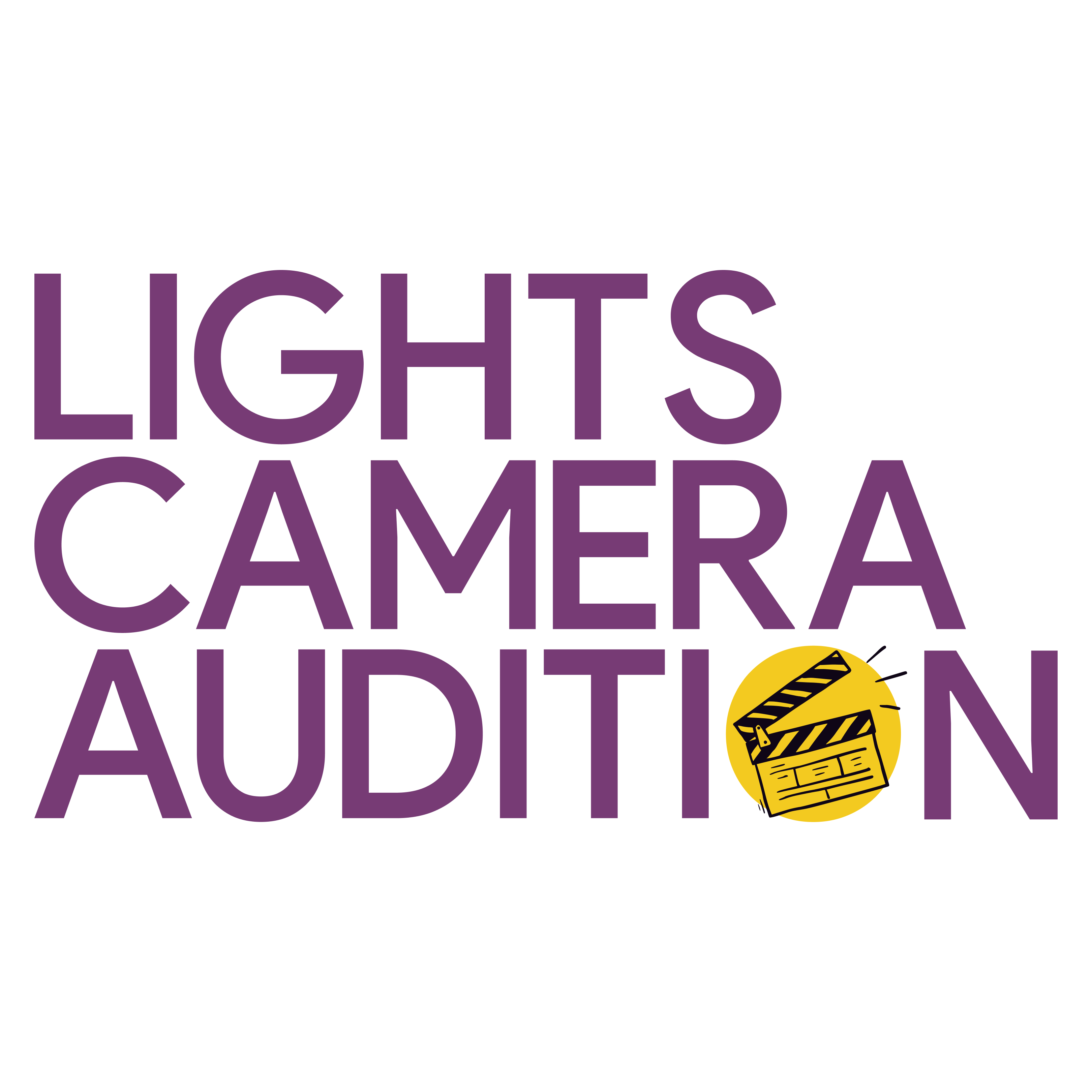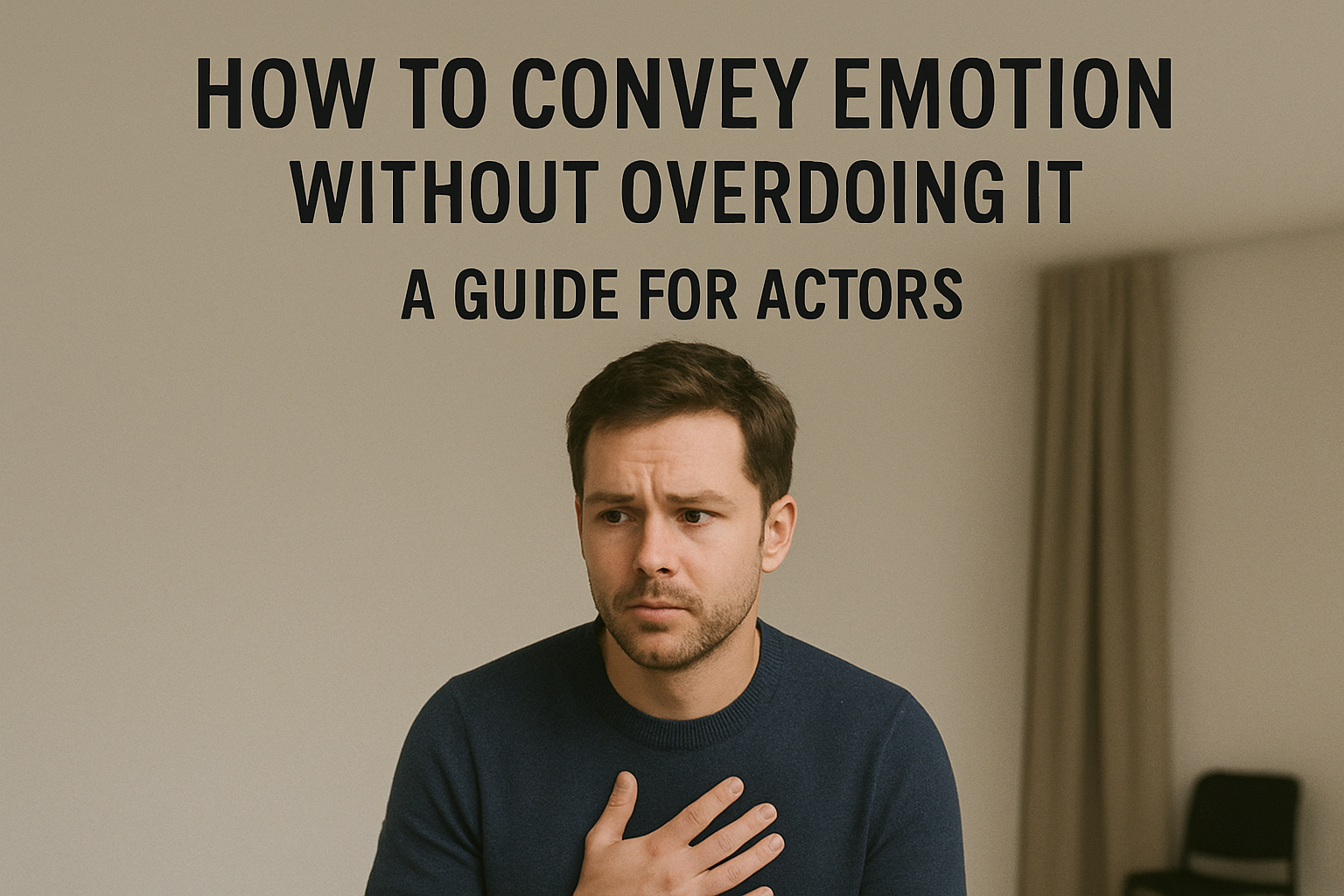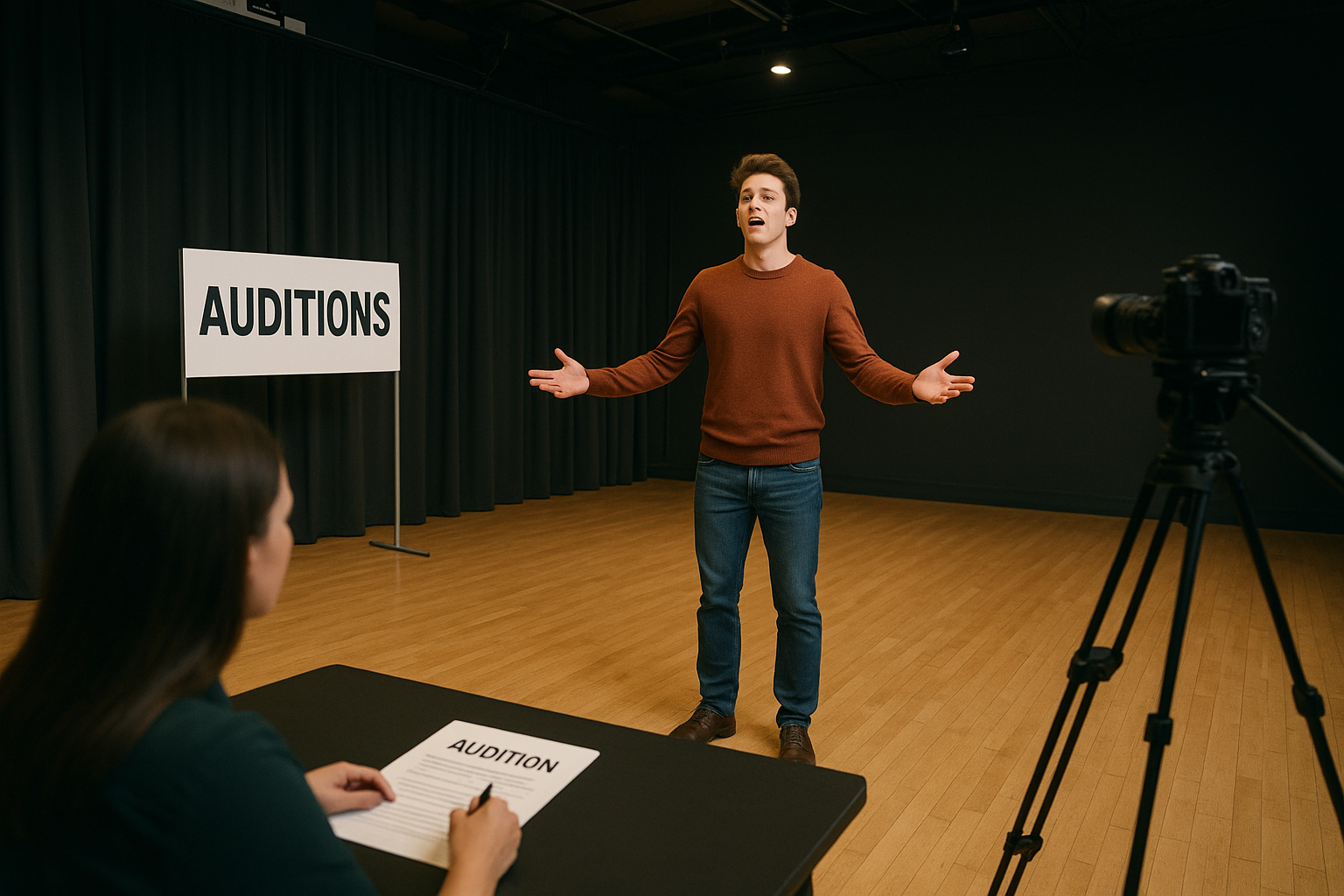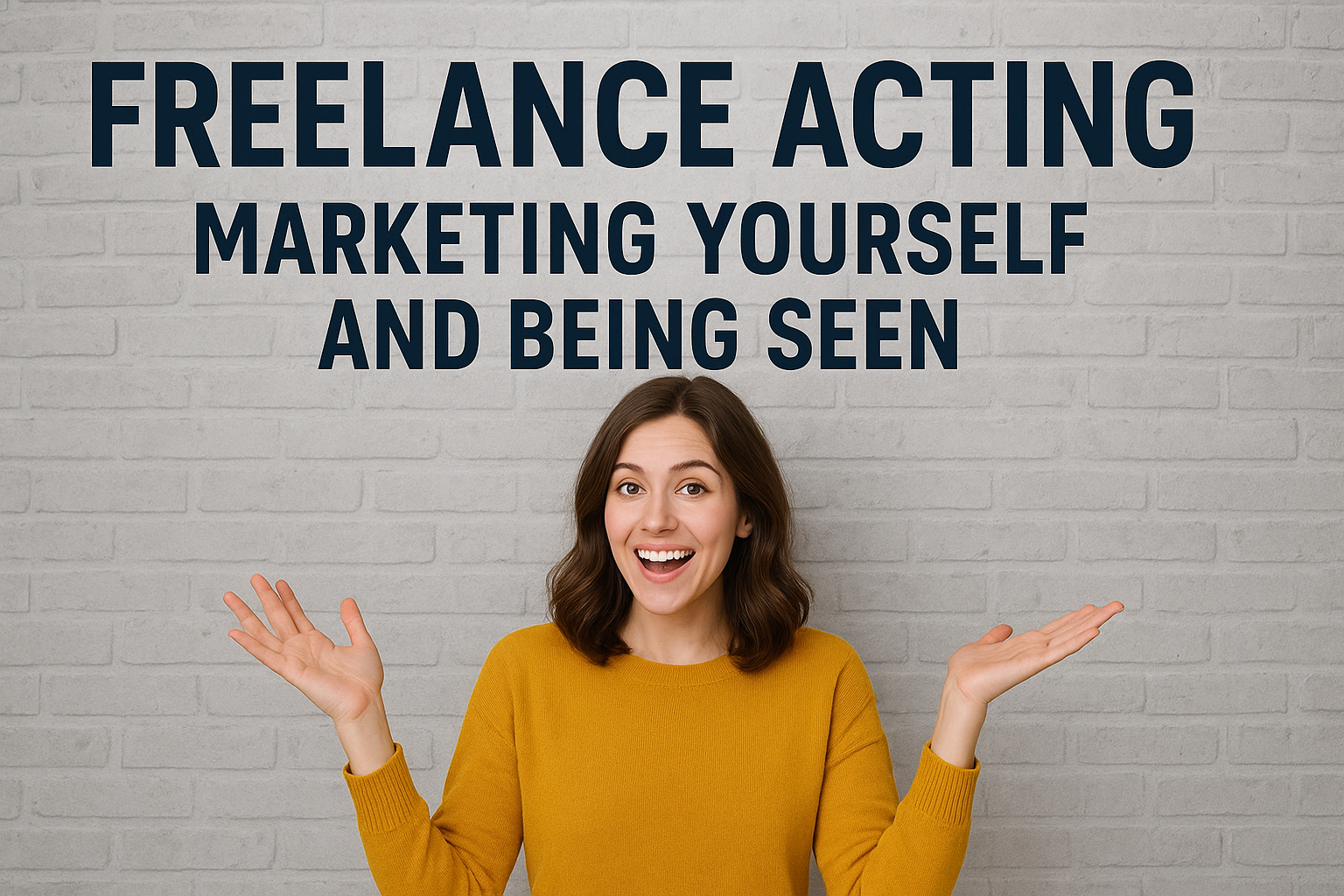
As casting directors, we receive hundreds—sometimes thousands—of submissions for a single role. So how do you, as an actor, rise above the crowd?
First, your headshot matters. It’s your first impression, so it should look like you today, not five years ago. Make sure it reflects your essence and type clearly. Casting isn’t about guessing—we want to see who you are.
Next, your reel or self-tape must hook us within the first few seconds. Get to the point. Choose scenes that showcase emotional range, groundedness, and presence. Don’t rely on flashy edits; we’re looking for truth, not tricks.
Your resume should be clean, current, and honest. Highlight relevant training and experience, but don’t pad it—trust your craft to speak for itself.
Lastly, your submission note (if applicable) should be short and sincere. If you genuinely connect to the role or project, let us know—but avoid generic lines.
In a sea of faces, we’re looking for authenticity, professionalism, and potential. Bring you to the table—and don’t try to guess what “we” want. Confidence, preparation, and a grounded performance always shine through.
Image Credit: Vector Stock
Among the tough battles actors face is how to find the most appropriate balance between emotion display and overacting, either on stage, on camera, or when going for auditions. Many performers fear that without adequate emotions, the moment will fall flat. On the other hand, if emotions are overt, the performance may become exaggerated or not true to life.
The entertainment sector is witnessing a huge shift, and the epicenter of this revolution is digital media. Those days are long gone when acting careers were reserved for silver-screen movies or television. Now, web series and digital media such as Netflix, Amazon Prime, Hotstar, YouTube, and MX Player have opened up the floodgates of opportunities for thespians. But what does it actually mean to be an actor in the digital age? Is it all that different from acting in the past? And why do web series prove so engaging as a platform for new and established performers?
Acting may be an art, but in the world of professional performance, it begins long before the cameras roll or the stage lights shine. It begins with the audition — the often nerve-wracking, unpredictable process that determines whether an actor even gets the chance to perform. For aspiring actors, understanding the relationship between auditioning and acting is not just important — it's essential. One feeds into the other, and together, they shape an actor’s growth, resilience, and ultimate success.
Getting into acting is hard — but succeeding as a freelance actor might be harder. Without the support of a large agency, production company, or manager, you're basically a sole proprietorship. You're the product, the marketer, the promoter, and the brand. So how do you become visible? How do you promote yourself as a freelance actor among so many talented individuals? Whether you're new to the game or wanting to level up, this guide will take you through essential strategies to create visibility, bring in opportunities, and establish yourself as a player in the cutthroat industry of freelance acting.
Lights Camera Audition!
Don't miss out on the latest updates, audition calls, and exclusive tips to elevate your talent. Subscribe to our newsletter and stay inspired on your journey to success!







